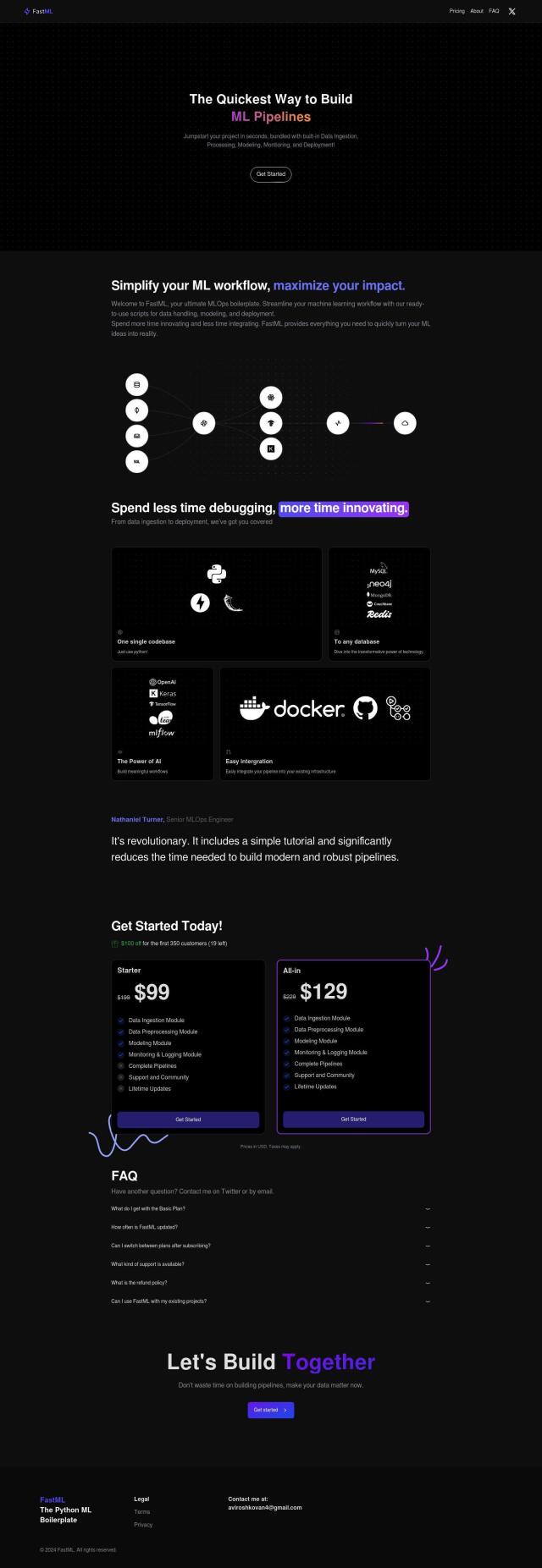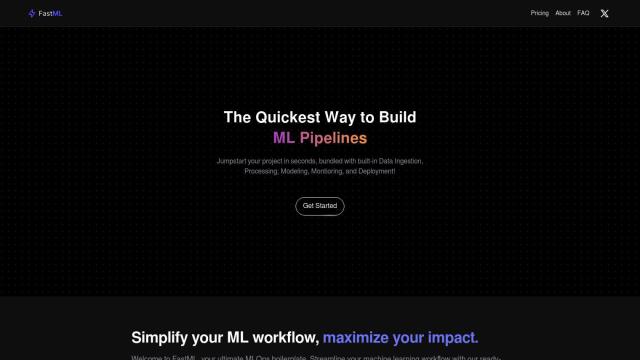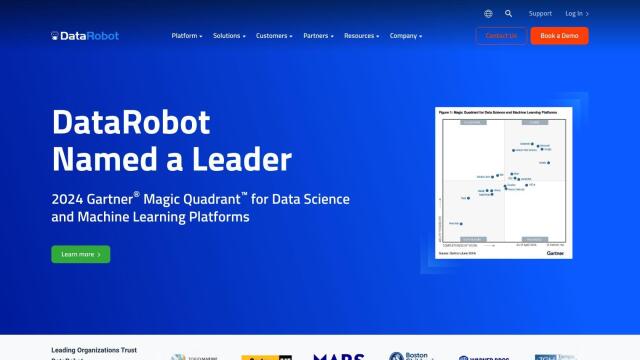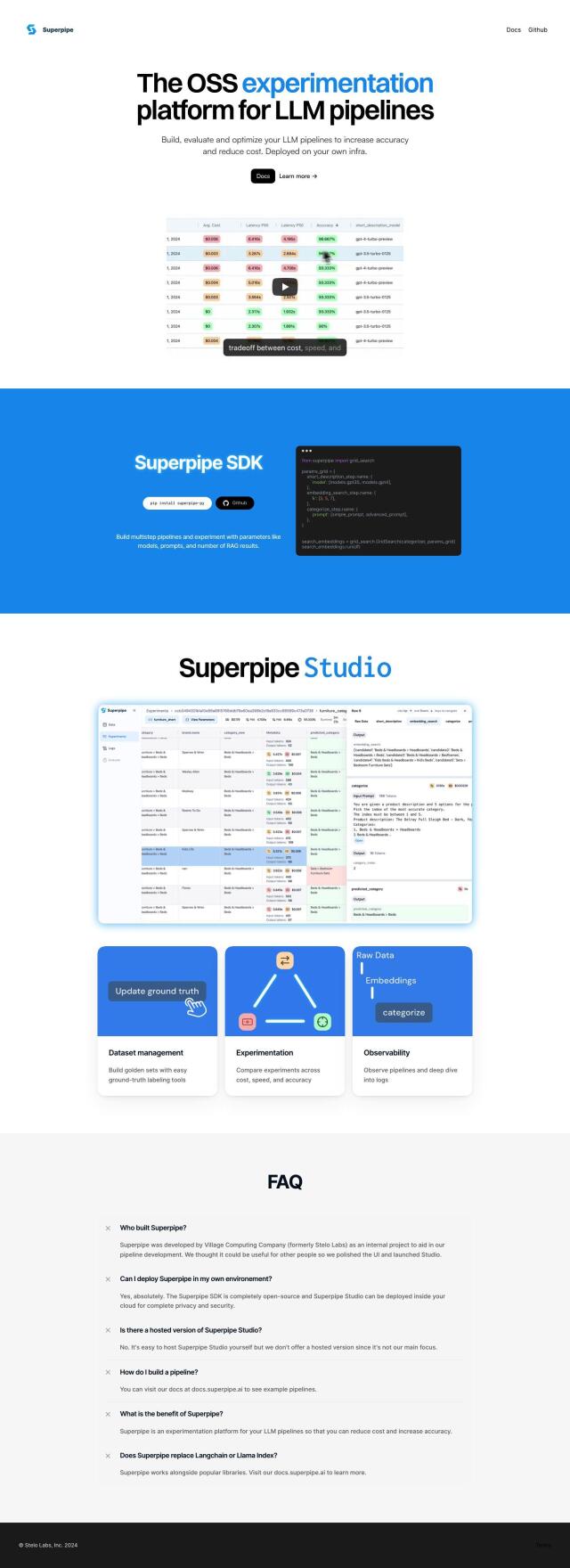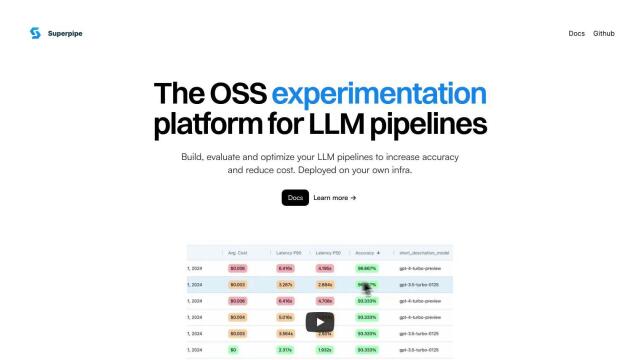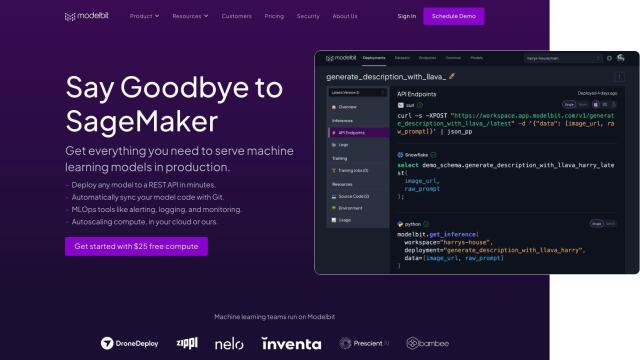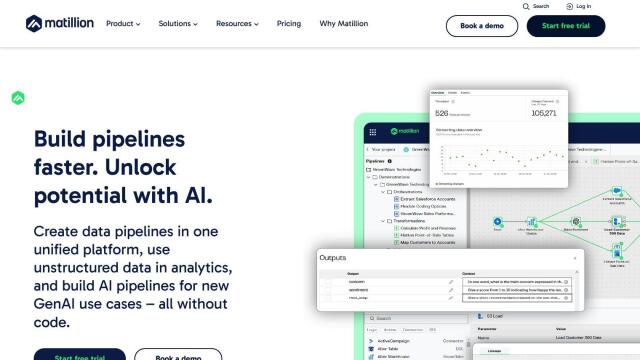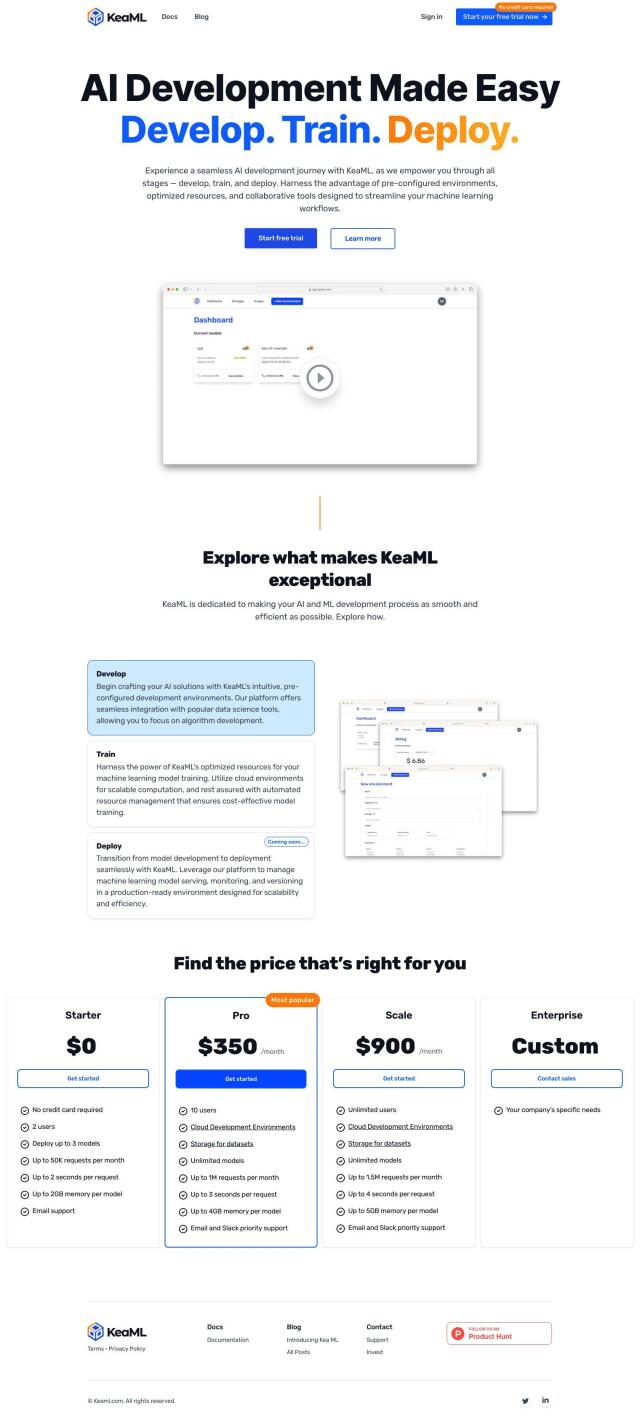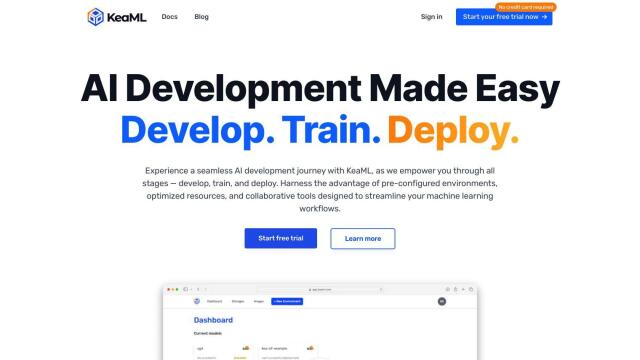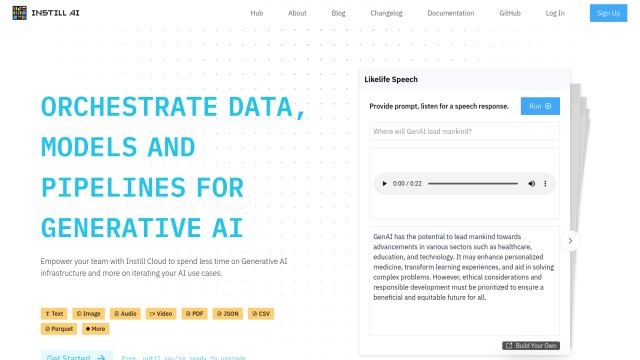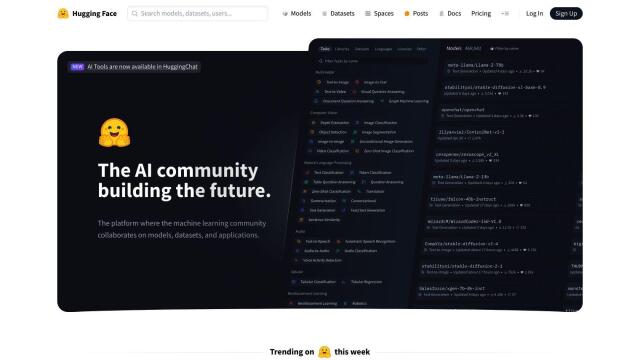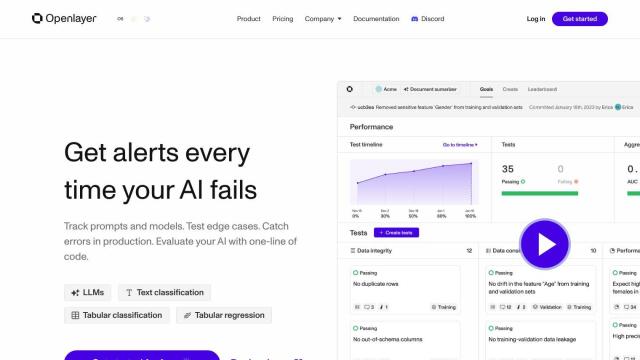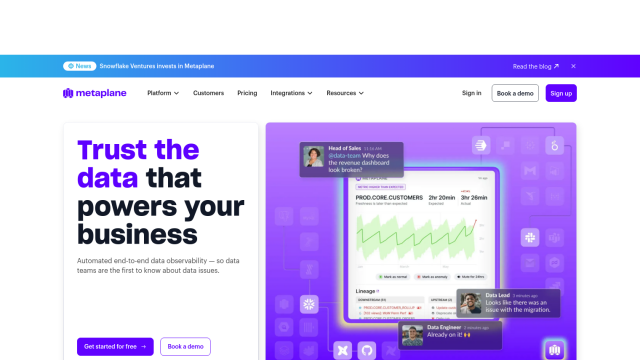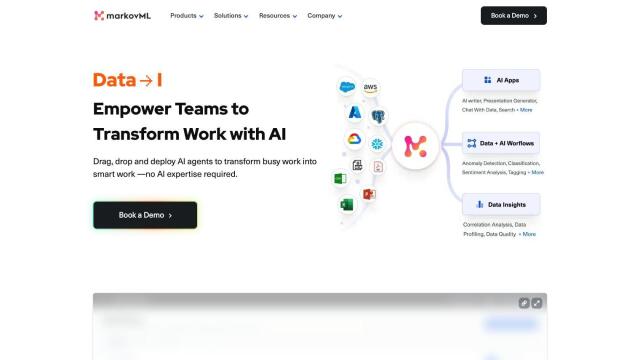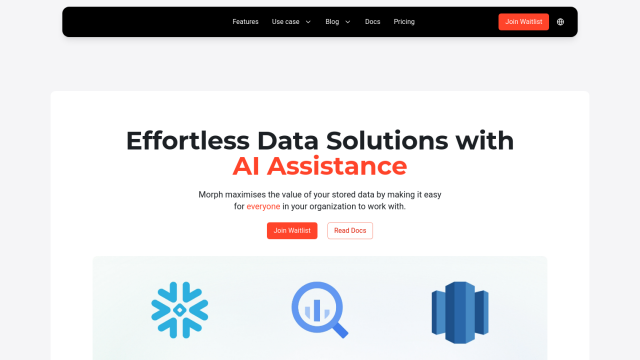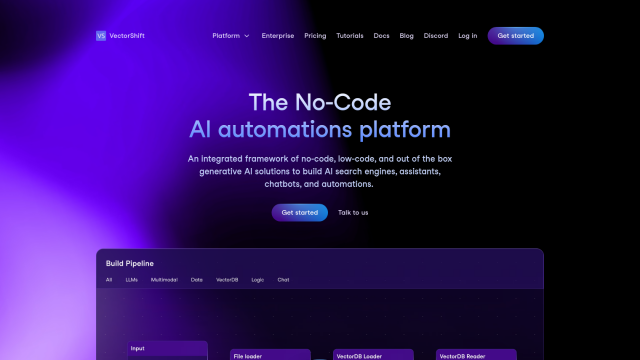Question: I need a way to easily create an ML pipeline, are there any all-in-one solutions that include data preprocessing, modeling, and monitoring modules?


Dataloop
If you're looking for a full-fledged solution to build an ML pipeline, Dataloop is a top contender. It combines data curation, model management, pipeline orchestration and human feedback to speed up AI application development. The platform can handle a variety of unstructured data and can automatically preprocess data, which makes it easy to use. It also has robust security controls that meet major standards, which is good for organizations that need to ensure high quality and security.

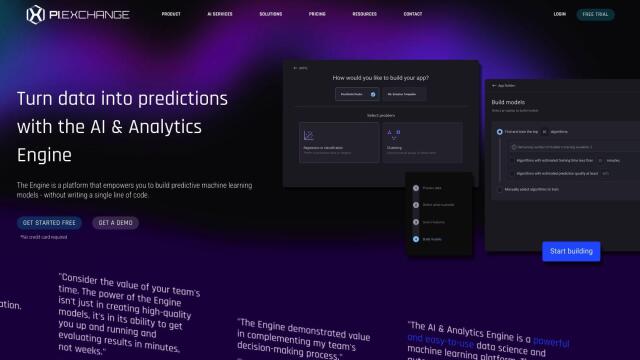
PI.EXCHANGE
Another contender is PI.EXCHANGE, which lets you build predictive ML models without writing code. It includes an end-to-end ML pipeline with tools for data preparation, model development and deployment. PI.EXCHANGE can handle a variety of ML problem types and can integrate with a variety of tools and platforms, so it should work for a variety of use cases and industries. It offers a free trial and several pricing tiers.

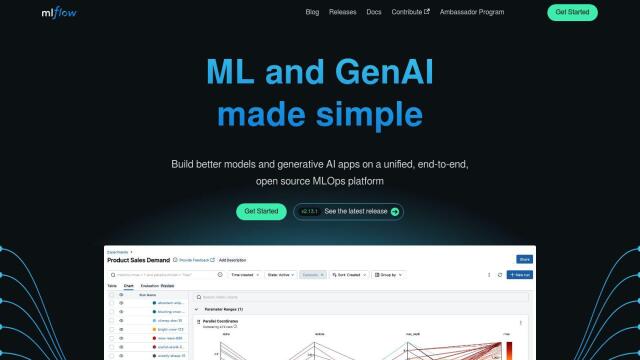
MLflow
MLflow is an open-source MLOps platform that helps you develop and deploy ML and generative AI applications. It offers a single environment for managing the entire lifecycle of ML projects, including experiment tracking and model management. MLflow supports popular deep learning and traditional ML libraries and can run on a variety of platforms, so it's a flexible and potentially low-cost option for improving collaboration and efficiency in ML workflows.

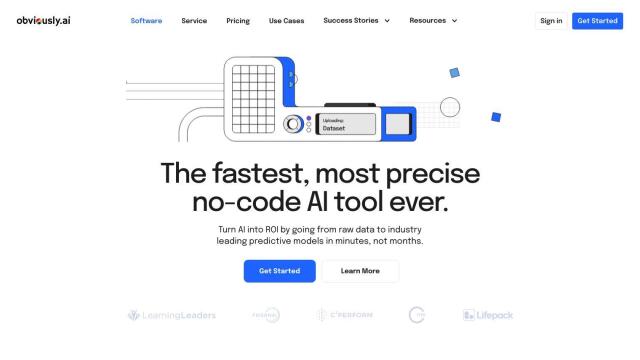
Obviously AI
For a no-code option, Obviously AI is worth a look. It automates data science workflows so you can build and deploy ML models. The platform can handle a variety of use cases, and it offers features like one-click deployment, automated model monitoring and real-time APIs for integration. Obviously AI's five pricing tiers, including a free tier, means it's available to a broad range of people, from business analysts to data scientists.
